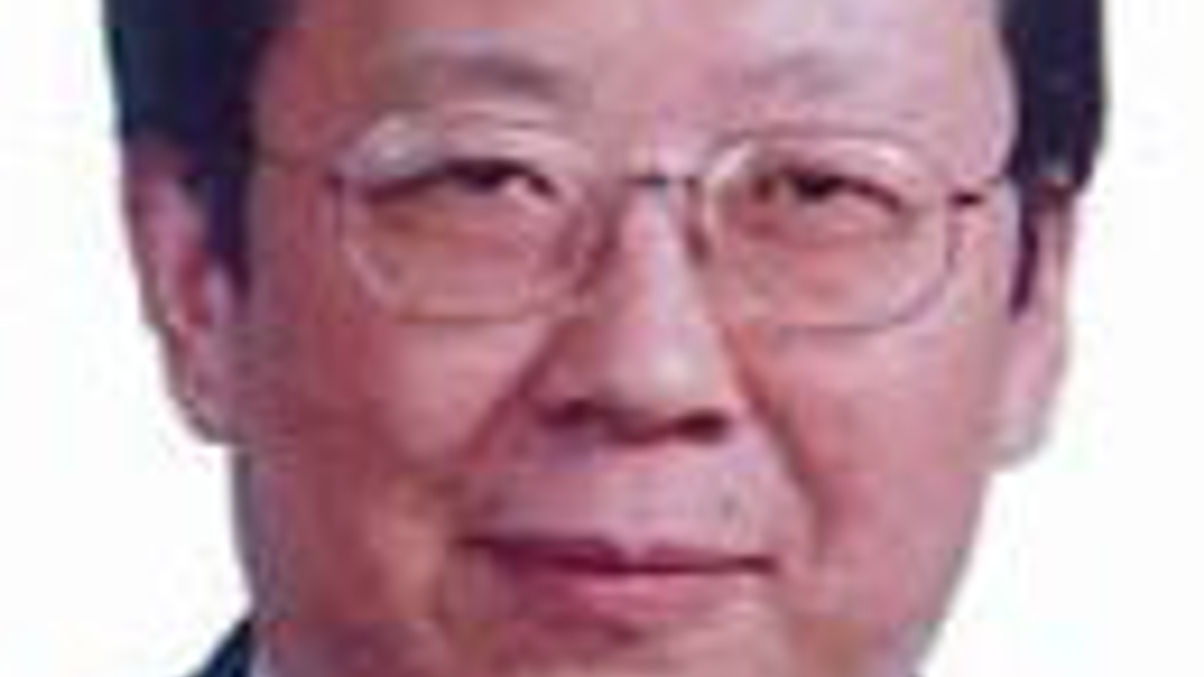UBS outlines strategy for new China alternatives business
UBS's new Beijing-based alternatives-investment business will take a different approach from some of its rivals.

UBS Global Asset Management has set up an alternative-investments unit in Beijing to meet the surging demand for hedge-fund and private-equity exposure from institutions and high-net-worth individuals (HNWIs) in China.
Sign in to read on!
Registered users get 2 free articles in 30 days.
Subscribers have full unlimited access to AsianInvestor
Not signed up? New users get 2 free articles per month, plus a 7-day unlimited free trial.
¬ Haymarket Media Limited. All rights reserved.


